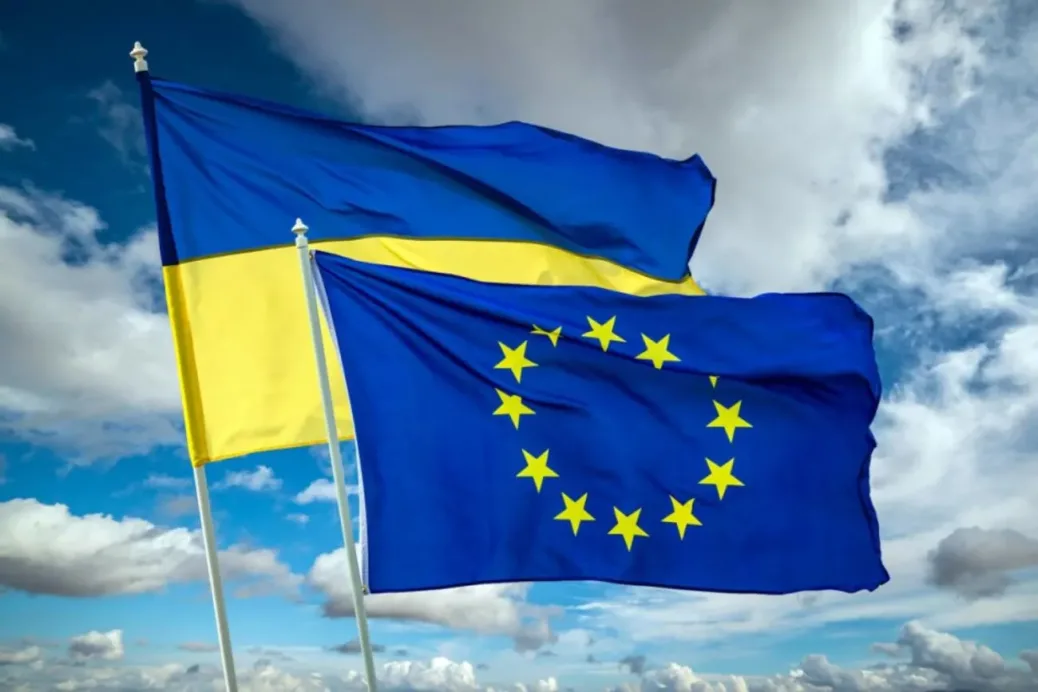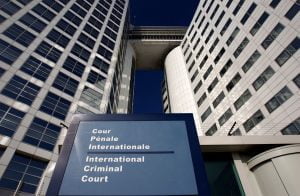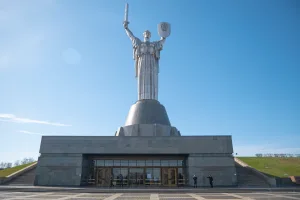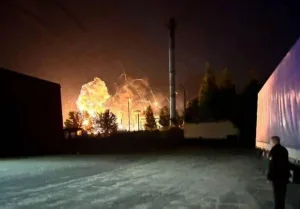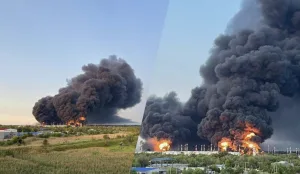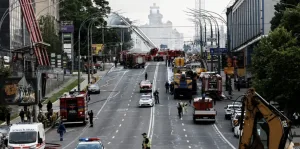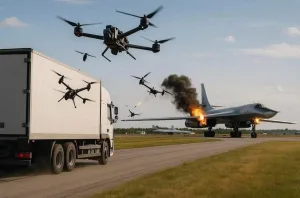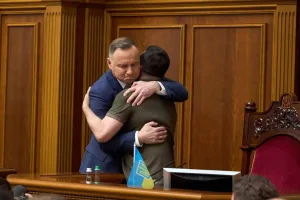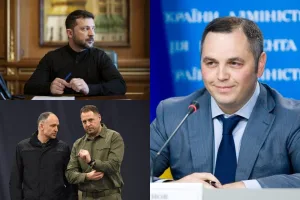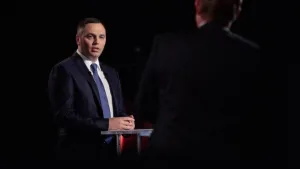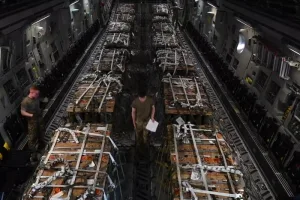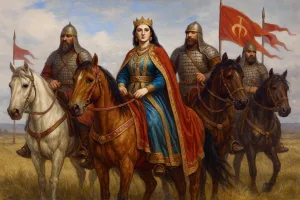The EU will reinstate quotas on imports of Ukrainian agricultural products from June 6. Experts estimate Ukraine’s potential losses to be between 1.5 and 3 billion euros.
On Friday, June 6, the European Union will start imposing tariffs on imports of Ukrainian agricultural goods. A correspondent from UNN investigated the political reasons behind this decision and how severe its economic consequences might be for Ukraine.
What led to the introduction of tariffs
The so-called Autonomous Trade Measures (ATMs), which waive tariffs on Ukrainian goods, have been in effect since Russia’s full-scale invasion of Ukraine in 2022. These measures were introduced to enable Ukraine to export its agricultural products overland.
But the EU countries bordering Ukraine, including Poland, Hungary, Romania, and Slovakia, complained that Ukrainian imports were undermining domestic prices and causing unrest among farmers.
The European Commission introduced a “safeguard mechanism” that limits the import of food products such as eggs, poultry, sugar, oats, corn, cereals, and honey. This mechanism can be activated once the import level exceeds a certain threshold.
These measures are set to expire in early June and, as reported, will not be extended this time.
EU tariffs for Ukraine: what is known
The publication European Conservative reports that the EU will reinstate quotas on the import of Ukrainian agricultural products starting June 6. This effectively ends the suspension of trade restrictions that had been in place since the beginning of Russia’s full-scale invasion of Ukraine. This step was taken following the approval of “transitional measures” by the majority of EU member states.
EU Agriculture spokesperson Balázs Ujvári stated that this decision marks a return to the 2017 Deep and Comprehensive Free Trade Area (DCFTA) agreement, rather than an extension of the autonomous trade measures (ATMs) that allowed Ukraine duty-free access since 2022. The quotas will now apply until the end of the year, covering 7/12 of the annual volumes.
The publication Politico notes that critics of this change believe that reinstating quotas could seriously harm Ukraine’s war-weakened economy. Dmytro Natalukha, chairman of the Economic Committee of Ukraine’s Verkhovna Rada, stated that the changes might cost Ukraine around 3 billion euros — about 70% of Ukraine’s expected growth in 2025. “Unfortunately, this promise was not fulfilled,” he said, criticizing the EU for failing to implement a more flexible replacement system.
Brussels disputes this figure, with Leon Delvaux from the Directorate-General for Trade arguing that the real losses are closer to 1.5 billion euros.
Polish Prime Minister Donald Tusk admitted to lobbying for the changes, despite statements of support for Ukraine. Critics say that as Polish elections approach, Tusk has sided with Brussels bureaucrats in their dealings with Ukraine.
Despite Kyiv’s proposal to limit imports of sensitive goods, negotiations on a permanent agreement remain stalled.
“Sanctions” against Ukraine
The political reasons lie in the very ambiguous political situation within the European trio (Germany, France, and the United Kingdom). For example, the rising influence of the “Alternative for Germany” party is telling. Although it is excluded from the coalition, this is already a warning sign. British Prime Minister Keir Starmer is feeling pressure from Nigel Farage’s Reform Party — essentially the “Trumpists” of British politics. In France, Macron is holding on, but it’s very complicated. And that is why they are trying to somehow balance politics and economics.
– explained political analyst Andriy Zolotaryov.
The political analyst added that in order to achieve this goal — balancing politics and economics — European partners decided to do so specifically by canceling the customs duty-free regime for Ukraine.
“You can only balance things by canceling the customs duty-free regime, which was in effect until recently. It’s essentially like imposing economic sanctions on Ukraine. If we call things by their proper names, they are basically telling us to support Ukraine, but in reality, we end up losing about three billion euros,” Zolotaryov stated.
He also reminded that the issue of depriving Ukraine of the customs duty-free regime had already been pushed forward in Europe, particularly during the border blockade by Polish farmers.
“This topic was also lobbied for by Polish agricultural producers. Thus, political pressure led to the cancellation of this duty-free regime,” the political analyst noted.
He added that, in this way, the governments of European countries are trying to prevent the rise to power of so-called “Trumpists” in their countries, but essentially, this is being done at Ukraine’s expense.
“Basically, they are trying to stop the ‘Trumpization’ of Europe. This might seem not so bad for Ukraine, but somehow it turns out that this policy is carried out at the expense of our country. One can think that way,” Zolotaryov emphasized.
Not all is so bad
However, the assessment of the situation by economists differs from the somewhat gloomy view of political analysts. In particular, economist Oleh Pendzyn explains that on June 6 only some quotas on Ukrainian agricultural products will be reinstated.
“On June 6, quotas on Ukrainian agricultural products in the European Union will be reinstated. This means that only a certain volume of Ukrainian agricultural products will be allowed under the free trade regime,” the economist explained.
He also emphasized that, essentially, Ukraine and the European Union are returning to the level of relations that existed before Russia’s full-scale invasion.
“The total quota volume is very small. Basically, it is the same as in 2021. We are simply returning to the state that existed before the full-scale invasion,” Pendzyn noted.
Pendzyn is also optimistic about the possible impacts of these tariffs on the Ukrainian economy, believing that, overall, they will not affect the situation significantly.
“Ukrainian farmers will simply lose three billion euros. That’s all,” the economist concluded.
Tags: Business EU european union Politics Ukraine
